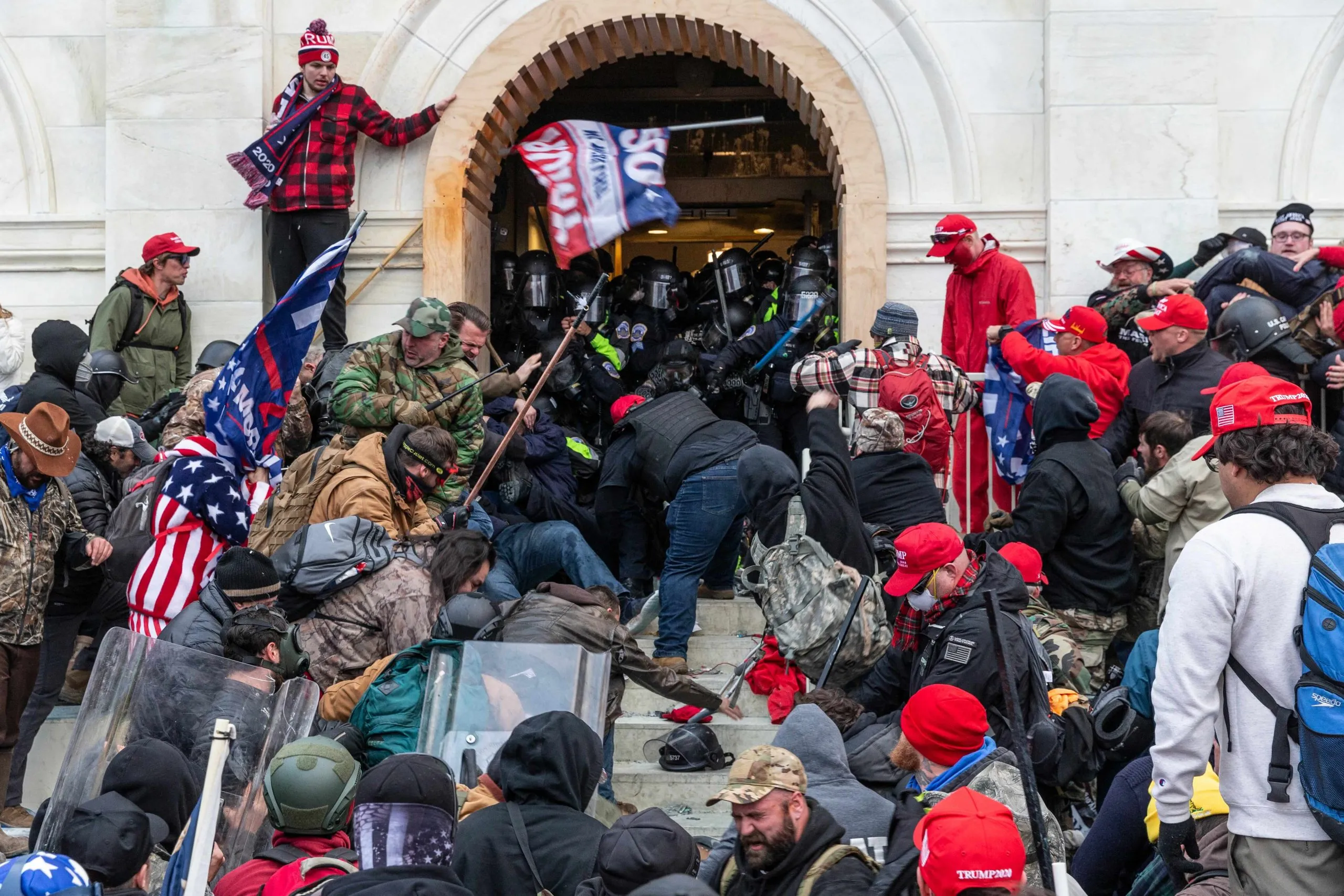This interdisciplinary conference seeks to explore the multifaceted relationship between memory and activism in the context of democratic backsliding, authoritarian resurgence, and shifting political imaginaries

An international conference
COSMOS – The Centre on Social Movement Studies
Faculty of Political and Social Sciences, Scuola Normale Superiore, Florence, Italy
November 13-14, 2025
(all practical information, deadlines, etc. at the end of this post)
Keynote speakers
Andrew Hoskins, Personal Chair of AI, Memory and War, University of Edinburgh
Jenny Wüstenberg, Professor of History & Memory Studies, Nottingham Trent University
In recent years, the political landscape across the globe has witnessed a dramatic resurgence of authoritarian practices—even within long-standing democratic regimes. One of the most striking aspects of this transformation is the strategic deployment of collective memory: selective readings of the past, the glorification of particular historical narratives, and the silencing of others have become central tools in the reconfiguration of political legitimacy, national identity, knowledge regimes in policy-making, and other critical indigenous and cultural knowledge. These developments point to an urgent need to reconsider the political uses of memory—not as peripheral, but as central to the dynamics of contemporary governance and political contestations, which are overwhelmingly haunted by repressed memories and silenced voices of the past.
At the same time, grassroots mobilisations and social movements have emerged or re-emerged to challenge these authoritarian tendencies. In social movements, this dynamic relationship between memory and social movements has highlighted its symbolic power, specifically as a valuable resource for mobilisation and as the site of doing politics, where claims of the past and future(s) are contested in the present. Indeed, many of these movements draw on past struggles, rework collective memories, and engage in “memory work” as a form of resistance, identity formation, and political claim-making. From anti-colonial memory politics to the recovery of silenced historical traumas, memory has become a battleground in current democratic crises.
This interdisciplinary conference seeks to explore the multifaceted relationship between memory and activism in the context of democratic backsliding, authoritarian resurgence, and shifting political imaginaries. By bringing together scholars from memory studies, political science, sociology, history, cultural studies, legal studies, human rights studies, and adjacent fields, we aim to foster dialogue across disciplines and methodologies. We particularly welcome contributions that bridge theoretical frameworks with empirical research and that engage with diverse geographical contexts.
We invite paper proposals addressing (but not limited to) the following questions:
We are especially interested in papers that explore these themes through innovative methodological approaches, including ethnographic work, archival research, digital methods, discourse analysis, visual, and narrative methods.
Submission and timeline
If you wish to participate, please send an abstract of up to 300 words and a separate document about your research bio-note of up to 150 words (both in Word format). Please include your full name and institutional affiliation/s. All documents must be sent to (jamievee.bautista@sns.it) and (stefano.filippini@sns.it) by July 31st, 2025.
There will be no conference registration fee, and participants are responsible for their own food, accommodation, and travel expenses. More information on the schedule of activities and the book of abstracts will be communicated in due course.
Submission deadline: July 31st, 2025
Notification of outcome: no later than August 15, 2025
Registration for speakers: no later than August 31, 2025
Registration for non-speakers: no later than September 5, 2025
Venue
Faculty of Political and Social Sciences
Scuola Normale Superiore
5F Palazzo Strozzi, Piazza degli Strozzi, 50122 Florence, Italy
Organising committee
Jamievee Bautista, Scuola Normale Superiore
Donatella della Porta, Scuola Normale Superiore
Stefano Filippini, Scuola Normale Superiore
Lorenzo Zamponi, Scuola Normale Superiore
Further information
Jamievee Bautista (jamievee.bautista@sns.it)
Stefano Filippini (stefano.filippini@sns.it)
Journal Article - 2025
Journal Article - 2023
Journal Article - 2023
Journal Article - 2023
Journal Article - 2023
Monograph - 2023
Monograph - 2022
Monograph - 2022
Journal Article - 2021
Journal Article - 2021